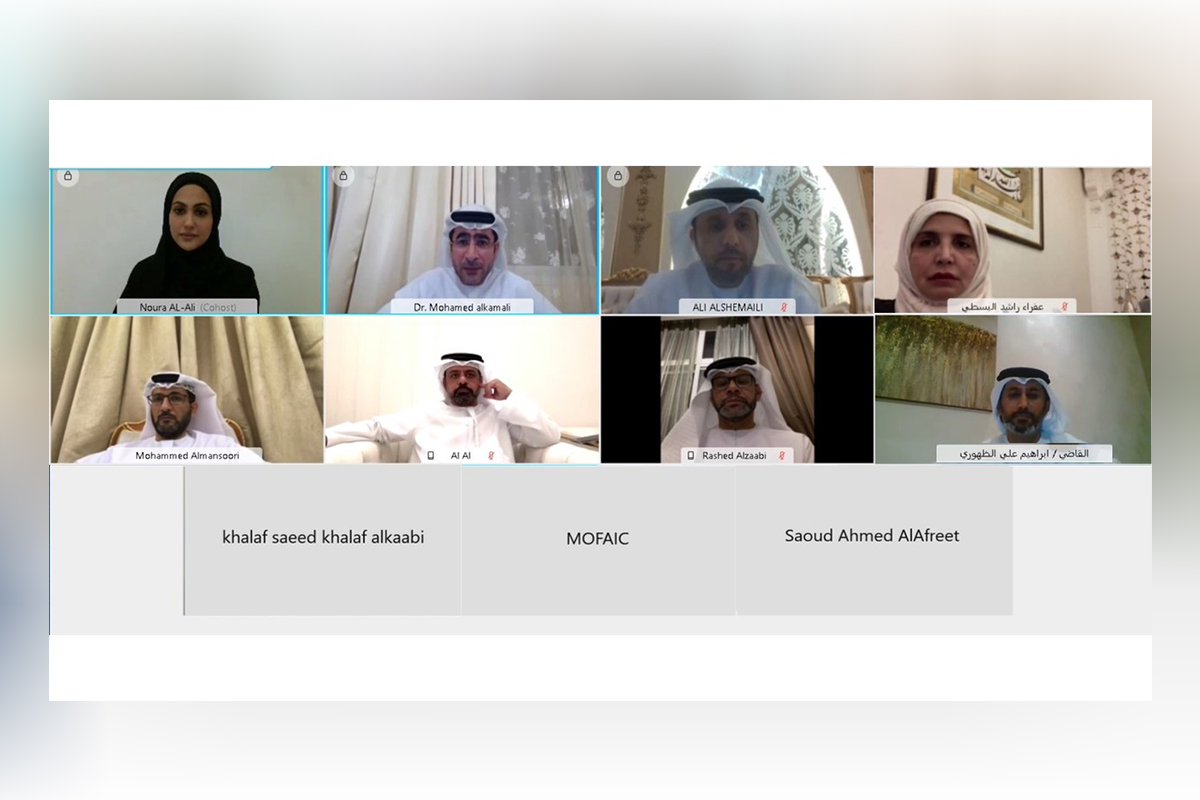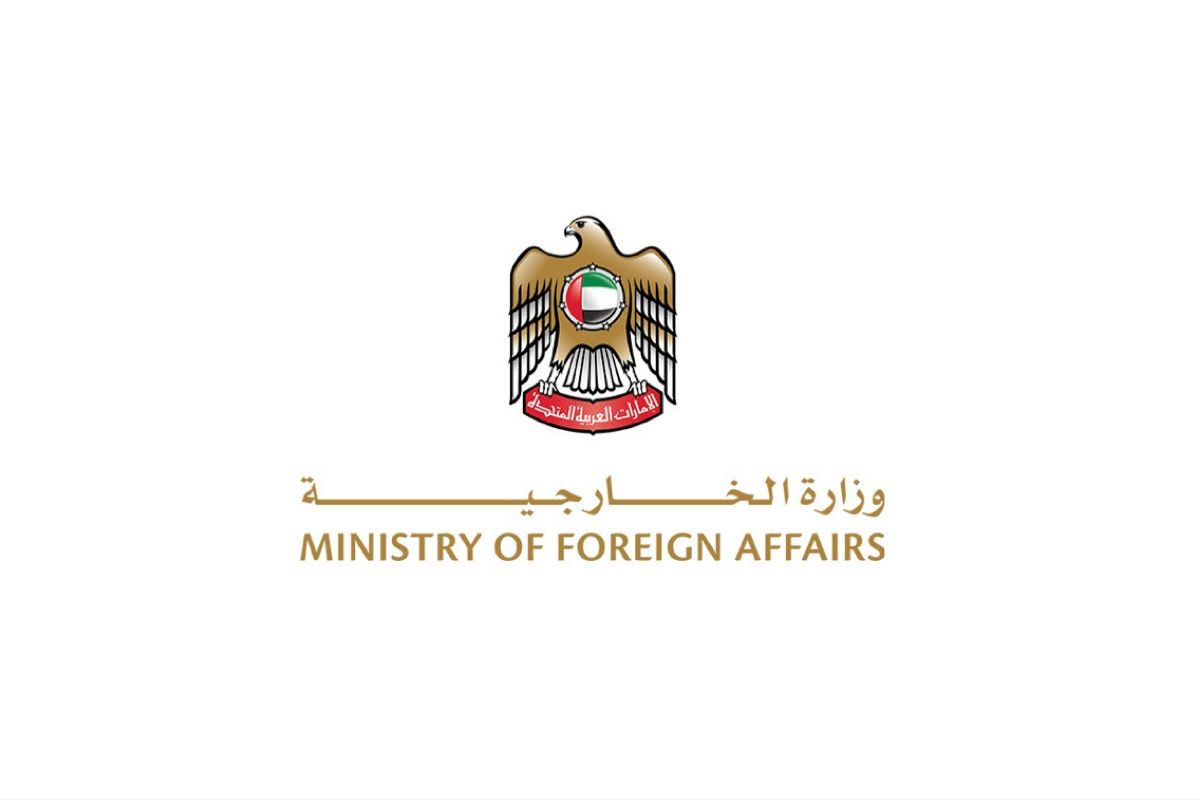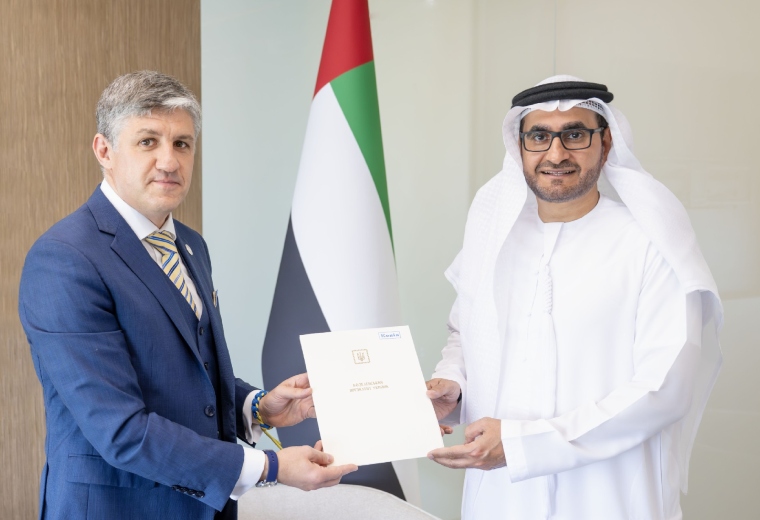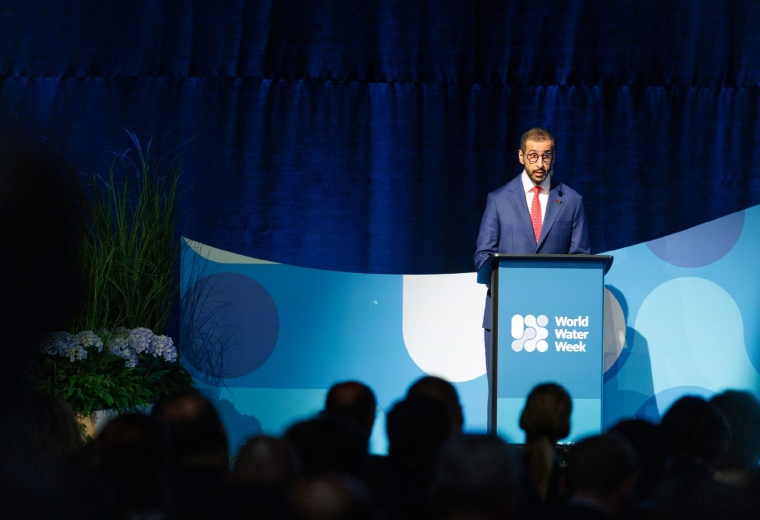National Committee for International Humanitarian Law Launches 2021-2022 Action Plan

His Excellency Khalifa Shaheen Almarar, Minister of State, stressed the importance of the committee's role in reinforcing the principles of international humanitarian law in the UAE, noting that the action plan for 2021-2022 includes a range of activities, plans, and events targeting key sectors of the country, including law enforcement and civil society institutions. The plan aims to increase cooperation and knowledge exchange with organizations working in the field of international humanitarian law.
His Excellency added, "The committee seeks to strengthen cooperation and ensure the implementation and activation of the provisions of international humanitarian law by enhancing coordination between the competent authorities, reviewing legislation related to international humanitarian law, and making the necessary recommendations to the concerned parties in this regard.”
As part of its plan, the committee has developed several training courses and workshops introducing international humanitarian law with the participation of members of the diplomatic and judicial corps, as well as members of the armed forces. Furthermore, it will hold training courses on international humanitarian law with the aim of preparing internationally accredited national officers through training on the provisions of international humanitarian law.
Moreover, the committee will host the third conference on international humanitarian law, which includes a number of national committees and stakeholders interested in international humanitarian law. This will contribute to efforts to highlight the UAE’s role in the field of international humanitarian law, exchange experiences and information on the latest developments in this area with other national committees, and target students in schools, universities, military and police colleges, and judicial institutes. Specialized courses will be developed in coordination with the relevant authorities.
The National Committee for International Humanitarian Law was established in 2004 as part of the UAE's efforts to strengthen international humanitarian law in order to meet its international humanitarian obligations. It was the first national committee of its kind to be formed in a Gulf Cooperation Council country.
The committee includes representatives from ten different entities in the UAE, including the Ministry of Foreign Affairs and International Cooperation, the Federal National Council, the Ministry of Interior, the Ministry of Justice, the Ministry of Education, the Armed Forces General Command, United Arab Emirates University, the Institute of Training and Judicial Studies, and the Red Crescent Society.
Related News

UAE Expresses Solidarity with Poland and Conveys Condolences Over Death of Jet Pilot
The United Arab Emirates has expressed its solidarity with the Republic of Poland and conveyed its sincere condolences over the crash of a Polish Air Force jet, which resulted in the death of its pilot.
View Details
UAE- Cyprus Joint Statement on Humanitarian Assistance for Civilians in Gaza Through the Maritime Corridor (Amalthea)
Guided by humanitarian principles, and fully cognizant of the urgent need to address the dire humanitarian situation in Gaza, the Republic of Cyprus and the United Arab Emirates have partnered to deliver life-saving assistance to Palestinian civilians.
View Details
MoFA receives credentials copy from new ambassador of Ukraine to UAE
His Excellency Omar Obaid AlHesan AlShamsi, Undersecretary of the Ministry of Foreign Affairs, received a copy of the credentials of His Excellency Oleksandr Balanutsa, Ambassador of the Ukraine to the United Arab Emirates.
View Details
UAE Strengthens Global Water Cooperation at 35th World Water Week in Stockholm
The UAE participated in the 35th edition of World Water Week in Stockholm with an official delegation led by H.E. Abdulla Balalaa, Assistant Minister of Foreign Affairs for Energy and Sustainability.
View Details

